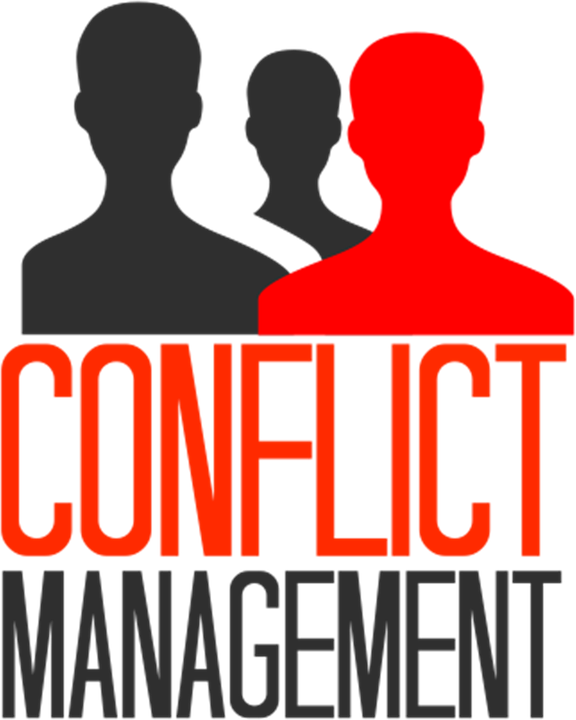Mark 9:38–50, This is a very enigmatic passage that commentators struggle with trying to explain, since Yeshua links together so many seemingly disparate concepts.
Yeshua the Master begins his discourse by discouraging sectarianism. “Those who aren’t against us are for us.” He then promises rewards to those who are kind to his disciples, implying that his disciples should in turn be kind to others who, though they are not of your group, are neither working against you, for all are kingdom workers with different assignments (vv. 38–41).
Next, our Master warns against offense—especially those who offend (or cause to stumble) the little ones who are still young and tender in their faith. Linked with the preceding thought, the implication may be that Yeshua’s servants need to beware of not offending any of his kingdom workers whether they are part of “our group” or not. Only the Almighty sees the larger picture much as a general oversees his troops. The individual soldier knows his own marching orders, and is oblivious of the orders of other soldier’s elsewhere, and is thus in no position to judge another soldier in another part of the battle.
Yeshua then issues a strong warning against any actions (the hand), or any directions of our lives (the foot), or any perspective (the eye) that may lead us to sin in causing one of YHVH’s kingdom workers elsewhere to stumble spiritually. Such an offense may bring us under the severe and unquenchable fires of YHVH’s eternal judgment. In other words, when we, through offensive actions and perspectives, cause one of YHVH’s kingdom workers who is operating outside of our limited view of things to stumble, we may be doing irreparable damage to the advancement of the kingdom, and thus risk bringing the wrath of Elohim squarely down upon us (vv. 42–48).
Yeshua concludes his discourse with an even more mysterious statement that commingles a variety of biblical concepts. He indicates that his disciples, as living sacrifices (Rom 12:1), must allow themselves to be laid on the altar of YHVH’s service like the animal sacrifices of old. As these sacrifices went through the sprinkling of salt (Lev 2:13; Ezek 43:24) and the burning of fire on the altar of sacrifice, even so, as living sacrifices doing YHVH’s kingdom work, Yeshua’s disciples must be willing to endure the fires of trials and adversity. Fire both consumes and purifies, while salt both preserves and seasons—two activities that are continually needed in the disciple’s life as part of their spiritual refinement in order for them to become perfect and sin-free like their Master.
Yeshua ends with the admonition to be salty or spicy (in our words and actions) as we advance his kingdom. But let’s not be offensive in our demeanor such that it causes others to stumble, thus breaking the peace between our fellow coworkers, since we are all working together for the same Master. No matter what, maintain peace one with another (vv. 49–50)!
This is but one possible interpretation of this difficult passage. There could be others. Care to take a shot at it???




